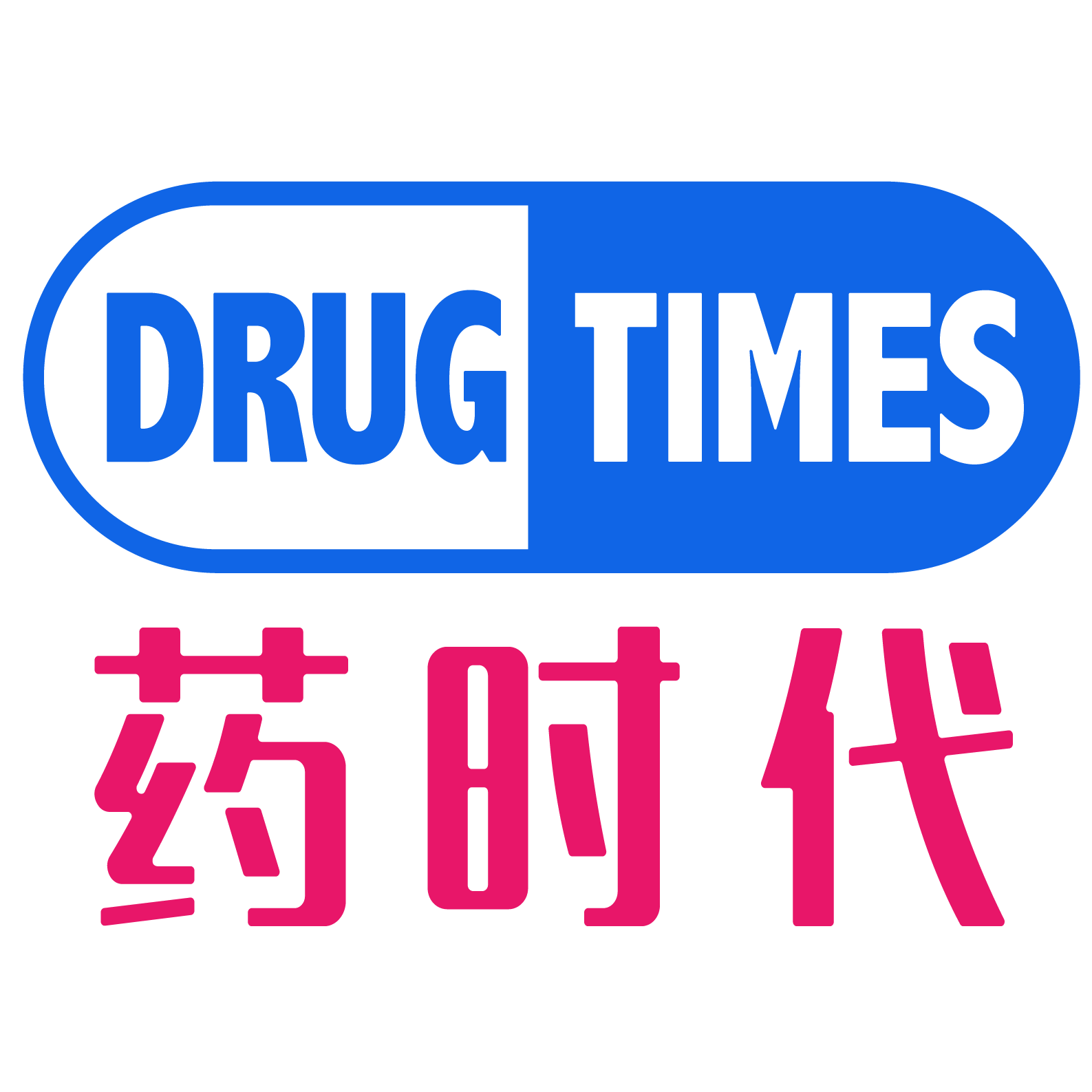
On January 7, 2021, the DrugTimes introduced a new concept – the LIDLO model (License In-Development-License Out), and since then, DrugTimes has started collecting and sharing cases in this regard. We are delighted to notice that over the past two years, more and more overseas companies, represented by American Biotech, are using these models to make money, either making a fortune and getting a building (LIDLO: License In-Development-License Out); or being acquired, getting a horse/unicorn (LIDMA: License In-Development-M&A); or going public, getting an IPO (LIDIPO: License In-Development-IPO).
Below we share a few real classic cases. We welcome friends to add more!
LIDLO Model (LIDLO: License In-Development-License Out)
This specifically refers to a new drug research and development company that licenses in early-stage new drug research projects, uses its own strength for development, and then licenses them out again, earning the difference in project value. The new drug research and development company can repeat this process continuously, forming a closed loop. This business model is very mature and common abroad and is adopted by many companies. In China, it should be at the initial stage and deserves special attention.
To facilitate memory, based on the pronunciation of the new term “LIDLO,” we suggest a brand-new Chinese explanation, which means that after the company licenses out the project, it makes a lot of money and can immediately buy a building to expand its scale and strength.
LIDMA Model (LIDMA: License In-Development-M&A)
This specifically refers to a new drug research and development company that licenses in early-stage new drug research projects, uses its own strength for development, and then the company’s value is increased and is acquired by MNCs and other companies. Of course, if the strength of this new drug research and development company is increased, it can also acquire other companies.
LIDIPO Model (LIDIPO: License In-Development-IPO)
This specifically refers to a new drug research and development company that licenses in early-stage new drug research projects, uses its own strength for development, and then the company’s value is increased and successfully goes public.
Aiolos Bio
On January 9, 2024, British pharmaceutical giant GlaxoSmithKline (GSK) announced the acquisition of Aiolos Bio, a biotechnology company established in 2023, in a deal worth up to $1.4 billion. The aim is to strengthen GSK’s portfolio in the fields of respiratory and inflammatory drugs. According to the acquisition agreement, GSK initially paid $1 billion in advance to Aiolos shareholders and promised to pay up to an additional $400 million based on future regulatory approvals.
Through this acquisition, GSK gained access to Aiolos’ core asset—AIO-001, a long-acting monoclonal antibody targeting Thymic Stromal Lymphopoietin (TSLP). Aiolos noted that blocking TSLP is the only biologic means of treating all types of moderate to severe asthma. AIO-001 requires only two injections per year, compared to similar products such as Tezspire, developed in collaboration by AstraZeneca and Amgen, which requires monthly injections.
It is worth mentioning that AIO-001 was introduced from Hengrui Pharmaceuticals Co., Ltd. in China. Therefore, in the process of acquiring Aiolos, GSK also needs to pay milestone payments and tiered royalties to Hengrui. As early as August 2023, Aiolos signed an agreement with Hengrui Pharma, obtaining the rights to develop and commercialize AIO-001 globally (excluding the Greater China region), while Hengrui retained the commercialization rights in Mainland China, Hong Kong, Macau, and Taiwan.
In addition, Aiolos completed a Series A financing of $245 million three months before the acquisition, supported by several well-known investment institutions. The company was co-founded by Tony Adamis and Khurem Farooq, both of whom have a profound background in the biopharmaceutical industry. Through this acquisition, GSK not only obtained a potential “First-in-Class” drug but also demonstrated its proactive attitude in strategic mergers and acquisitions.
Hengrui Pharma, a giant in China’s innovative drug industry, not only helped this brand-new startup Biotech company to successfully raise funds but also to be successfully acquired.
On May 16, 2024, Hengrui Pharma announced an important external licensing deal with Hercules. According to the announcement, Hengrui Medicine has licensed its proprietary GLP-1 class innovative drugs HRS-7535, HRS9531, and HRS-4729 to Hercules CM Newco, Inc. The latter will obtain exclusive rights to develop, produce, and commercialize the aforementioned GLP-1 product portfolio globally, except in the Greater China region.
Hercules, a company established in the United States in May 2024, was jointly funded by Bain Capital Life Sciences Fund, Atlas Ventures, RTW Capital, and Lyra Capital with $400 million. Its business scope and main business are biopharmaceutical development. According to the terms of the agreement, Hercules will pay Hengrui Medicine a total of $110 million in upfront and near-term milestone payments, up to $200 million in clinical development and regulatory milestone payments, up to $5.725 billion in sales milestone payments, and sales royalties at a low single-digit to low double-digit percentage of actual annual net sales. As part of the external licensing deal, Hengrui Pharma will also acquire a 19.9% stake in Hercules.
This cooperation is regarded by Hengrui Pharma as an important milestone in its international strategy and represents a high level of international market recognition of its innovative quality. Through this cooperation, Hengrui Pharma can not only expand the internationalization of its innovative pipeline but also better serve the unmet medical needs of the world and continuously seek cooperation opportunities with leading global pharmaceutical companies to benefit patients worldwide.
Arrivent Biopharma
The cooperation between Arrivent Biopharma and Allist Pharmaceuticals began on June 30, 2021, when Allist Pharma announced an exclusive overseas licensing agreement with its partner Arrivent Biopharma, Inc. According to the agreement, Arrivent obtained exclusive development and commercialization rights for Allist’s independently developed and proprietary National Class I new drug, Vormetinib Mesylate, in all regions outside Mainland China and the Hong Kong and Macao regions.
Vometinib is mainly used to treat non-small cell lung cancer, especially first-line and second-line indications. The drug has been approved in China and included in the national medical insurance directory. Through this cooperation, Arrivent has obtained a huge development opportunity to promote Vormetinib and other potential therapeutic products globally.
The cooperation between Allist and Arrivent not only promotes the global clinical application of Vormetinib but also provides a safe and effective treatment plan for global patients, helping to improve their quality of life. In addition, Allist, through cooperation with Arrivent, is jointly committed to the global clinical development of Vormetinib and plans to jointly build a new product pipeline.
As of January 26, 2024, Arrivent has successfully gone public on NASDAQ, and as its partner, Allist will continue to work closely with it to explore more differentiated indications of Vormetinib and continue to expand more in-depth cooperation opportunities for product pipelines.
In summary, the cooperation between Allist Pharma and Arrivent Biopharma is a successful case of cross-border pharmaceutical cooperation. It not only accelerates the global development and promotion of innovative drugs but also lays a solid foundation for the future development of both companies.
On June 6, 2024, Arrivent also reached a cooperation with Alphamab Oncology, another Chinese Biotech company, on the research and development and commercialization of antibody-drug conjugate (ADC) products. Both parties will cooperate to use Alphamab Oncology’s proprietary linker payload platform (Alphatecan) and glycosylation site-specific conjugation platform to discover and develop new ADCs.
During the cooperation period, Alphamab Oncology will retain the rights to develop and commercialize the relevant ADC products under the agreement in Mainland China, the Hong Kong Special Administrative Region, the Macao Special Administrative Region, and Taiwan. In countries and regions outside the Greater China region, Arrivent will have exclusive rights to develop and commercialize the relevant ADC products in the field of oncology and will be responsible for and bear the corresponding development costs of the ADC products.
According to the terms of the agreement, Alphamab Oncology is entitled to receive a one-time, non-refundable advance payment and potential milestone payments, including product registration, development, and sales milestone payments, totaling up to $615.5 million.
In addition, Alphamab Oncology also has the right to charge Arrivent a tiered sales royalty for each ADC product.
Alumis was established in 2021 as a biotechnology company incubated by Forsite Labs, focusing on the development of oral small molecule therapies to improve the lives of patients with immune-mediated diseases. As a company dedicated to precision immunology, its mission is to change the treatment of autoimmune diseases by leveraging precise analytical platform technologies. The company is very active in research and development, committed to building a therapeutic pipeline based on genetically validated targets. In particular, Alumis is developing a leading product called ESK-001, which is a highly selective TYK2 inhibitor that has shown excellent efficacy and good tolerance in clinical trials and is considered to be the best among similar products. It surpasses JAK1 in TYK2 selectivity compared to therapies currently in clinical development.
This new drug comes from China’s Haisco Pharmaceutical Group.
In March 2021, Haisco Pharma transferred the patent and rights of ESK-001 for a down payment of $60 million plus potential milestone payments of $120 million to FL2021-001 Company (the predecessor of Alumis). This deal gave Alumis the global rights to the drug and plans to advance its clinical development in different indications.
Through this cooperation, Alumis not only obtained a potential drug under research and development but also brought significant financial support, with a total financing of $580 million, and plans to go public on NASDAQ.
This cooperation is a model of cooperation between China and the United States in the field of biopharmaceuticals, demonstrating the potential and value of Chinese innovative drugs in the global market.
On June 7, 2024, Alumis’s NASDAQ IPO application was accepted, and the prospectus was officially made public.
Alumis plans to raise funds through the IPO to advance its main asset ESK-001 into multiple Phase 3 clinical trials for moderate to severe psoriasis and to complete Phase 2 clinical trials for uveitis and systemic lupus erythematosus. The proceeds from the IPO will also be used for Phase 1 clinical trials of another TYK2 inhibitor, A-005, which is expected to be used for the treatment of neuroinflammation and neurodegenerative diseases.
【Updated on July 01, 2024】On June 28, 2024, Alumis made its debut on the Nasdaq stock market with an initial public offering (IPO). However, the IPO, which is expected to raise $250 million, falls short of the company’s initial target of raising $274 million that was set just a few days prior. Despite this, the launch of the IPO is still a significant step for Alumis as it enters the public market.
Conclusion
There should be many successful cooperation cases between Chinese and American pharmaceutical companies, such as LIDLO, LIDMA, and LIDIPO. We will continue to collect them, and at the same time, welcome friends to share the cases you know in the comments section!
The U.S. Biosecure Act and the recent establishment of the Biopharmaceutical Alliance by South Korea, India, the United States, Japan, and the European Union make the prospects of these win-win cooperation models uncertain. Welcome friends to share your views in the comments section!
DrugTimes will continue to pay close attention and follow up on the reports.
Please note: The content above is a translation of a Chinese article published on June 12, 2024. The translated content has not been thoroughly reviewed or updated. We advise you to read with caution. We greatly appreciate your understanding and support!
发布者:DrugTimes001,转载请首先联系contact@drugtimes.cn获得授权

 为好文打赏 支持药时代 共创新未来!
为好文打赏 支持药时代 共创新未来! 